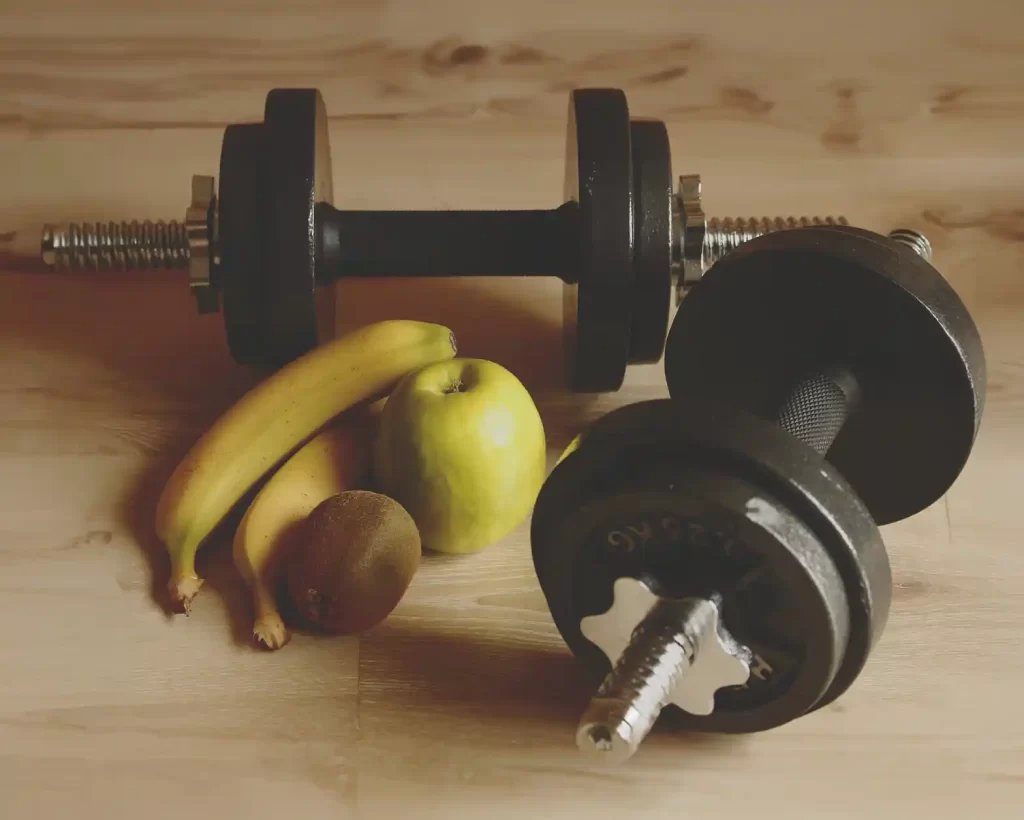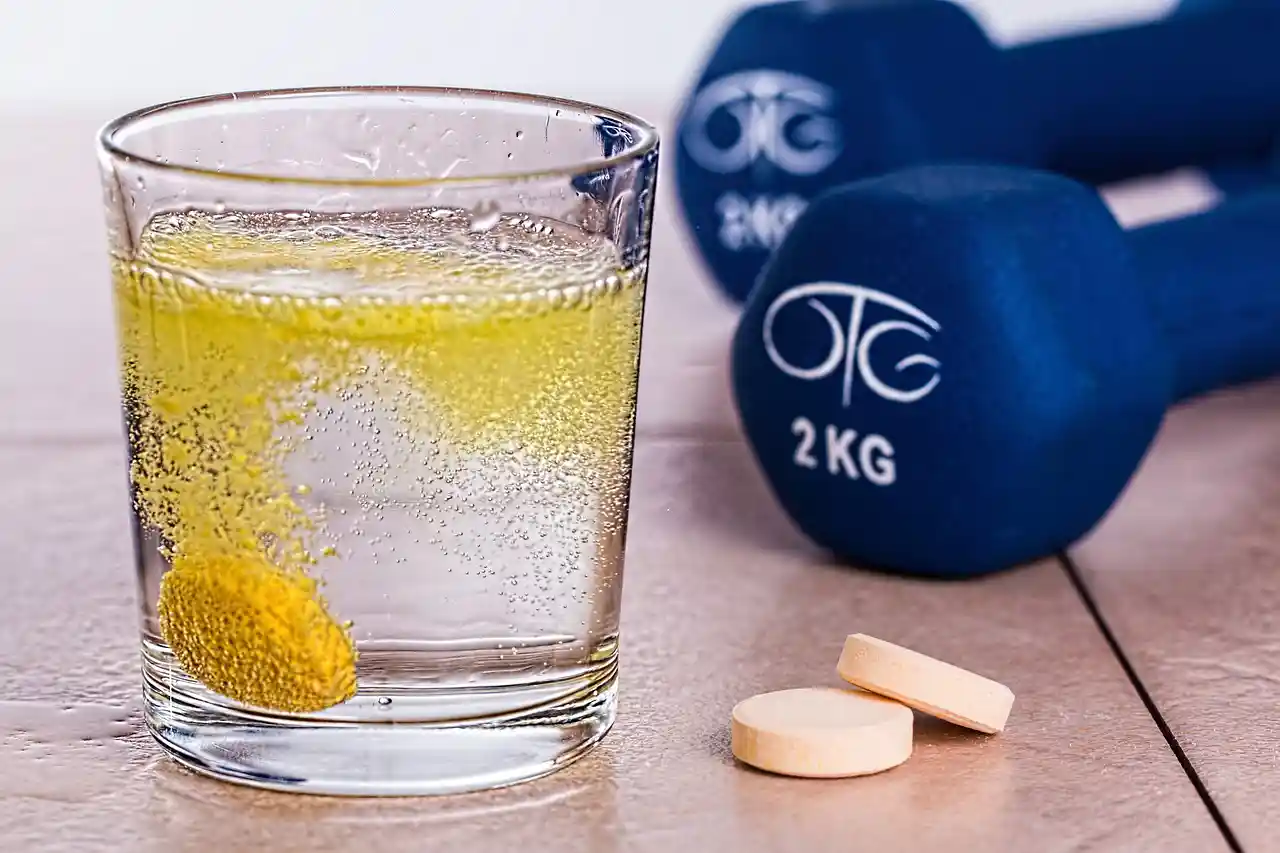As a beginner, you might have heard about the importance of hydration and nutrition, but how much do you know about electrolytes and their critical role in your training regimen? These tiny power players, essential for beginners to understand, are crucial for keeping your body functioning smoothly, especially when you’re pushing yourself. This blog post, focusing on “electrolytes for beginners,” will demystify these essential minerals, explain their importance, and provide practical tips on how to effectively incorporate them into your training regime, ensuring you stay balanced and energized throughout your fitness journey.
What Are Electrolytes and Why Are They Important?
Electrolytes are minerals with an electric charge, found in your blood, sweat, and urine. They are vital for many bodily functions, including maintaining fluid balance, nerve signaling, and muscle contractions. The key electrolytes include sodium, potassium, calcium, magnesium, chloride, phosphate, and bicarbonate.
Why Electrolytes Matter for Workouts
When you sweat, you lose electrolytes along with fluids. This can lead to dehydration, muscle cramps, fatigue, and dizziness – not exactly the recipe for a stellar workout. Ensuring proper electrolyte balance helps you stay hydrated, perform better, and recover faster. That’s why replenishing electrolytes is crucial, especially during prolonged or intense physical activities.
How Much Electrolyte Do You Need?
The amount of electrolytes you need depends on your individual sweat rate, exercise intensity, and duration. Generally, low-intensity workouts (think yoga or light cardio) might not require additional electrolyte replacement. However, for more intense or extended sessions (think HIIT or long runs), replenishing electrolytes becomes important. Do not worry about the dosage. When you buy electrolytes, usually it refers to the correct dosage according to your training duration.

Electrolyte Power-Up for Your Workouts:
Here’s how to incorporate electrolytes into your training regime:
- Hydration is Key: Water is your best friend! Aim to drink plenty of water throughout the day, especially before, during, and after workouts.
- Electrolyte-Rich Foods: A balanced diet is a natural source of electrolytes. Fruits and vegetables like bananas, oranges, potatoes, and leafy greens are excellent sources of potassium. Dairy products and nuts can boost your calcium and magnesium intake, while table salt and processed foods (in moderation) can provide sodium.
- Electrolyte Supplements: If you’re training intensely or participating in endurance sports, you might need an electrolyte supplement. They come in various forms, including tablets, powders, and gels. However, it’s best to consult with a healthcare professional or a sports nutritionist before starting any supplementation.
- Listen to Your Body: Finally, the most crucial advice is to listen to your body. Hydration and electrolyte needs can be highly personal. Keep track of how you feel during and after workouts and adjust your intake accordingly.
Electrolytes are more than just a buzzword in the sports nutrition world; they are essential for anyone engaging in regular physical activity. By understanding your body’s needs and incorporating electrolytes thoughtfully into your diet and hydration strategy, you can enhance your performance, recovery, and overall health.
Remember, every fitness journey is unique, so it’s important to find what works best for you. Try taking an electrolyte drink, no matter your training regime. If it makes you feel better in your recovery, then you may need it!
